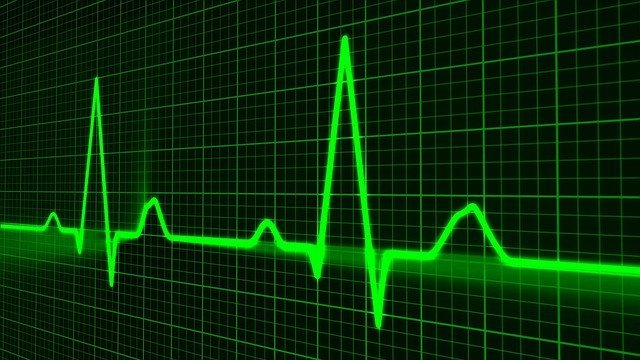
If the heart pumps too little blood into the body, the brain is usually not adequately supplied with oxygen.
Until now, however, it was unclear how this affects brain structure.
In a new study, researchers have now figured out that the grey matter also suffers from a weak heart.
The research was conducted by a team at the Max Planck Institute for Human Cognitive and Brain Sciences and elsewhere.
About 1,8 billion people in Germany suffer from heart insufficiency.
This does not just influence the patient’s performance—they are exhausted more quickly and complain about breathlessness when under stress. It also has an impact on the brain. Scientists have now shown that the density of grey matter decreases. After a heart attack, the damage is particularly extensive.
The scientists examined the relation between the grey matter and heart function of 80 patients with the help of Magnetic Resonance Imaging (MRI) scans.
They examined the amount of blood that is ejected by each heartbeat and the concentration of a certain hormone in the blood vessels that is known as a marker for heart insufficiency.
Thereby they found a strong correlation between the level of this insufficiency and reduction in grey matter.
The grey matter of the brain is mainly composed of the neurons’ cell bodies. The neurons’ long ends, in contrast, form the white matter.
The majority of the grey matter forms the cerebral cortex, the highly convoluted, three to five-millimeter layer that sheathes the brain.
Here, the higher mental capabilities of humans are processed, ranging from language to creativity.
The team says the weaker the heart, the lower the density of the grey matter. The whole frontal and parietal medial cortex and the so-called precuneus within the cortex, as well as the hippocampus, are particularly affected. These regions are involved in attention and memory.
A decline of grey matter in these areas could make it more likely that someone would develop Alzheimer’s disease.
Grey matter processes higher mental capabilities
In the case of heart failure, it’s important to also take into account that the brain structure can be damaged.
Previous studies had shown what best counteracts the breakdown, for example, sports and social activities. It’s also crucial to treat the heart insufficiency. That means addressing the causes such as smoking, diabetes, or obesity.
The lead author of the study is Matthias Schroeter, leader of the research group Cognitive Neuropsychiatry at the Max Planck Institute in Leipzig.
The study is published in Circulation Research.
Copyright © 2020 Knowridge Science Report. All rights reserved.



